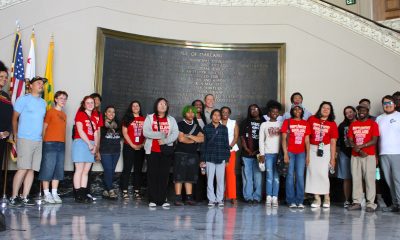Activism
Many Openings on Boards and Commissions as Sheng Thao Takes Office
Promoting community participation, James Vann, a longtime Oakland advocate for tenants’ rights and for humane homelessness policies, said he hopes to see people stepping up to work with Thao’s administration. “There are many openings on boards and commissions, and there will be opportunities for people to help make positive changes in Oakland,” said Vann.

By Ken Epstein
As Mayor-elect Sheng Thao prepares to take office, many Oaklanders are looking forward to the possibility of creating a new era in which the city administration creates policy more transparently and inclusively than it did for the past eight years under Libby Schaaf’s leadership.
One important step may be for Oakland residents with ideas and energy to become actively involved in developing policy by joining one of the city’s many voluntary appointed boards and commissions.
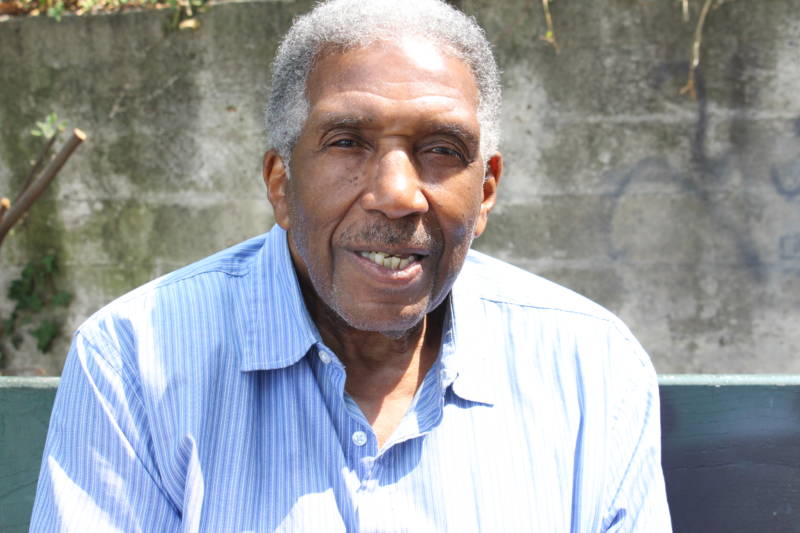
James Vann. Photo courtesy of James Vann.
Promoting community participation, James Vann, a longtime Oakland advocate for tenants’ rights and for humane homelessness policies, said he hopes to see people stepping up to work with Thao’s administration.
“There are many openings on boards and commissions, and there will be opportunities for people to help make positive changes in Oakland,” said Vann.
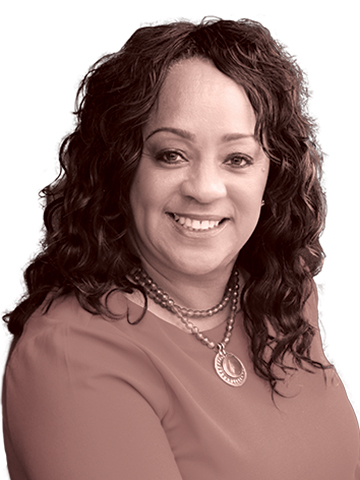
LaNiece Jones. Photo courtesy of LaNiece Jones.
Added LaNiece Jones of Black Women Organized for Political Action (BWOPA):
“Now, we have a great opportunity to help encourage and increase civic participation for community change among our BWOPA members and the Black community at large with our new administration via the numerous boards and commission opportunities available. Let’s go!”
“It’s a chance for our people who have not had an opportunity to be part of decision making to be at the table,” she said.
At present, some of the nearly 40 boards and commissions are almost dormant, and others have a narrow range of members mostly allied with the outgoing mayor’s pro-corporate development agenda. The list includes:
- City Planning Commission (2 vacancies)
- Commission on Homelessness (7 vacancies)
- Oakland Youth Commission (2 vacancies)
- Cultural Affairs Commission (5 vacancies)
- Parks and Recreation Advisory Commission (1 vacancy)
- Police Commission (2 vacancies)
- Oakland Workforce Development Board (3 vacancies)
- Public Safety and Service Violence Prevention (2 vacancies)
- Cannabis Regulatory Commission (5 vacancies)
- Oakland Housing Authority (4 vacancies)
- Budget Advisory Commission (8 vacancies)
For a list of boards and commissions, an explanation of what they do and an application, go to www.oaklandca.gov/boards-commissions
For a list of current vacancies on these bodies, go to: https://oakland.granicus.com/boards/w/8552f8c4c0e15460/boards/6672
Vann told the Oakland Post that at the last City Council meeting, Mayor Schaaf had submitted some appointments to the boards and commissions, but the council did not approve them.
“The Council held them back because the incoming mayor should have the opportunity to fill the vacancies. That was a good decision,” he said.
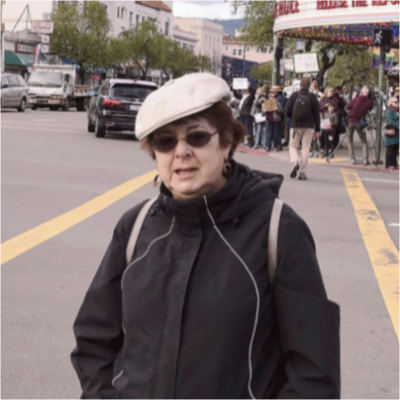
Pamela Drake. Photo courtesy of Pamela Drake.
Pamela Drake, who is a member of the Wellstone Democratic Club and is active in the Democratic Party said, “We have a lot of commissions and boards, but under Libby, anyone who had influence was part of an inside clique. She left us in a state of dysfunction.”
“To me, it’s most important that people are involved in local government,” she said. “They need to be involved in making decisions. At the level of commissions, they can actually make policy.”
Activism
Oakland Post: Week of July 24 – 30, 2024
The printed Weekly Edition of the Oakland Post: Week of July 24 – 30, 2024

To enlarge your view of this issue, use the slider, magnifying glass icon or full page icon in the lower right corner of the browser window. ![]()
Activism
Oakland Post: Week of July 17 -23, 2024
The printed Weekly Edition of the Oakland Post: Week of July 17 -23, 2024

To enlarge your view of this issue, use the slider, magnifying glass icon or full page icon in the lower right corner of the browser window. ![]()
Activism
Community Celebrates Historic Oakland Billboard Agreements
We, the Oakland Billboard Economic Development Coalition, which includes Oakland’s six leading community health clinics, all ethnic chambers of commerce, and top community-based economic development organizations – celebrate the historic billboard agreements approved last year by the Oakland City Council. We have fought for this opportunity against the billboard monopoly, against Clear Channel, for five years. The agreements approved by Council set the bar for community benefits – nearly $70 Million over their lifetime, more than 23 times the total paid by all previous Clear Channel relocation agreements in Oakland combined.
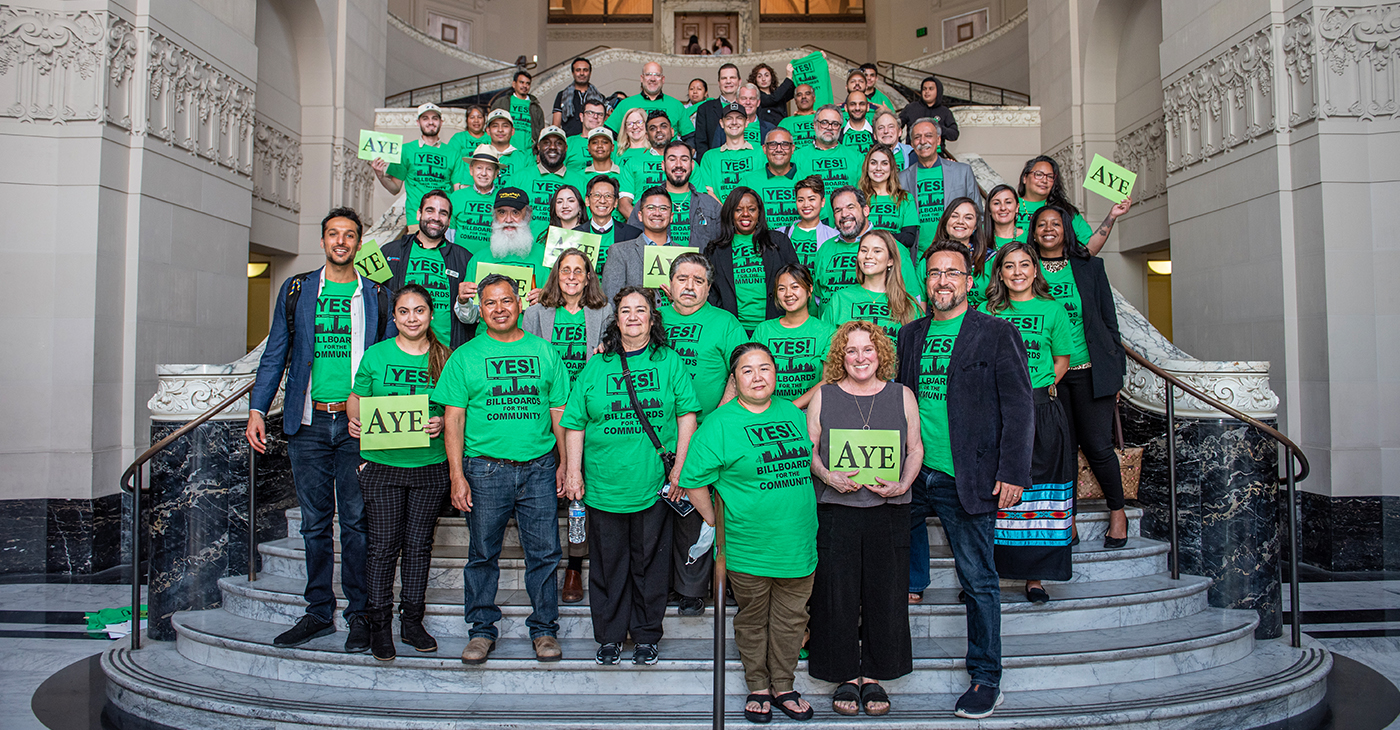
Grand Jury Report Incorrect – Council & Community Benefit
We, the Oakland Billboard Economic Development Coalition, which includes Oakland’s six leading community health clinics, all ethnic chambers of commerce, and top community-based economic development organizations – celebrate the historic billboard agreements approved last year by the Oakland City Council. We have fought for this opportunity against the billboard monopoly, against Clear Channel, for five years. The agreements approved by Council set the bar for community benefits – nearly $70 Million over their lifetime, more than 23 times the total paid by all previous Clear Channel relocation agreements in Oakland combined.
Unfortunately, a recent flawed Grand Jury report got it wrong, so we feel compelled to correct the record:
- Regarding the claim that the decision was made hastily, the report itself belies that claim. The process was five years in the making, with two and a half years from the first City Council hearing to the final vote. Along the way, as the report describes, there were multiple Planning Commission hearings, public stakeholder outreach meetings, a Council Committee meeting, and then a vote by the full Council. Not only was this not hasty, it had far more scrutiny than any of the previous relocation agreements approved by the City with Clear Channel, all of which provide 1/23 of the benefits of the Becker/OFI agreements approved by the Council.
- More importantly, the agreements will actually bring millions to the City and community, nearly $70M to be exact, 23 times the previous Clear Channel relocation agreements combined. They certainly will not cost the city money, especially since nothing would have been on the table at all if our Coalition had not been fighting for it. Right before the decisive City Council Committee hearing, in the final weeks before the full Council vote, there was a hastily submitted last-minute “proposal” by Clear Channel that was debunked as based on non-legal and non-economically viable sites, and relying entirely on the endorsement of a consultant that boasts Clear Channel as their biggest client and whose decisions map to Clear Channel’s monopolistic interests all over the country. Some City staff believed these unrealistic numbers based on false premises, and, since they only interviewed City staff, the Grand Jury report reiterated this misinformation, but it was just part of Clear Channel’s tried and true monopolistic practices of seeking to derail agreements that actually set the new standard for billboard community benefits. Furthermore, our proposals are not mutually exclusive – if Clear Channel’s proposal was real, why had they not brought it forward previously? Why have they not brought it forward since? Because it was not a real proposal – it was nothing but smoke and mirrors, as the Clear Channel’s former Vice President stated publicly at Council.
Speaking on behalf of the community health clinics that are the primary beneficiaries of the billboard funding, La Clinica de la Raza CEO Jane Garcia, states: “In this case, the City Council did the right thing – listening to the community that fought for five years to create this opportunity that is offering the City and community more than twenty times what previous billboard relocation agreements have offered.”
Oakland Billboard Economic Development Coalition
| Native American Health Center | La Clínica de la Raza | West Oakland Health Center |
| Asian Health Services | Oakland LGBTQ Center | Roots Community Health Center |
| The Unity Council | Black Cultural Zone | Visit Oakland |
| Oakland African American Chamber of Commerce | Oakland Chinatown Chamber of Commerce | Oakland Vietnamese Chamber of Commerce |
| Oakland Latino Chamber of Commerce | Building Trades of Alameda County | (partial list) |
-

 Arts and Culture3 weeks ago
Arts and Culture3 weeks agoRooted in Tradition: The Intricate History of Black Hair Braiding
-

 Bay Area4 weeks ago
Bay Area4 weeks ago“I Will Not Be Bullied,” Says Oakland Mayor Sheng Thao
-

 Bay Area2 weeks ago
Bay Area2 weeks agoPG&E Increases Rates While Bay Area Households Are Struggling to Stay Afloat
-

 Business3 weeks ago
Business3 weeks agoGov Newsom: Raising Fast Food Minimum Wage to $20 Pays Off as Jobs Multiply in Industry
-

 Activism4 weeks ago
Activism4 weeks agoOpponents of Mayor Sheng Thao Are Calling on Her to Resign Following FBI Raid
-

 Bay Area2 weeks ago
Bay Area2 weeks agoJuneteenth Mass Shooting Suspect Charge with Multiple Counts of Felony Assault by Alameda County DA Pamela Price
-

 Community1 week ago
Community1 week agoHundreds Come to Jehovah’s Witnesses’ Assembly Hall for Three-Day Program of ‘Good News’ in Fremont
-

 Activism4 weeks ago
Activism4 weeks agoOakland Coliseum Sale to AASEG: A Model for Community Development and Inclusion













